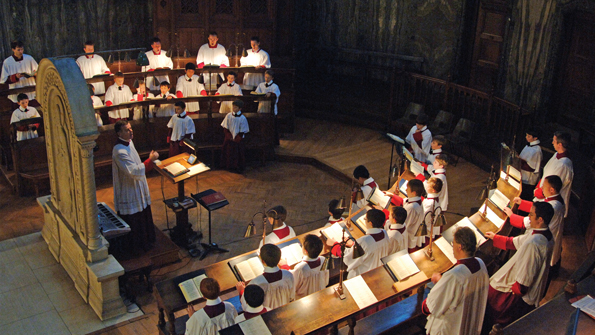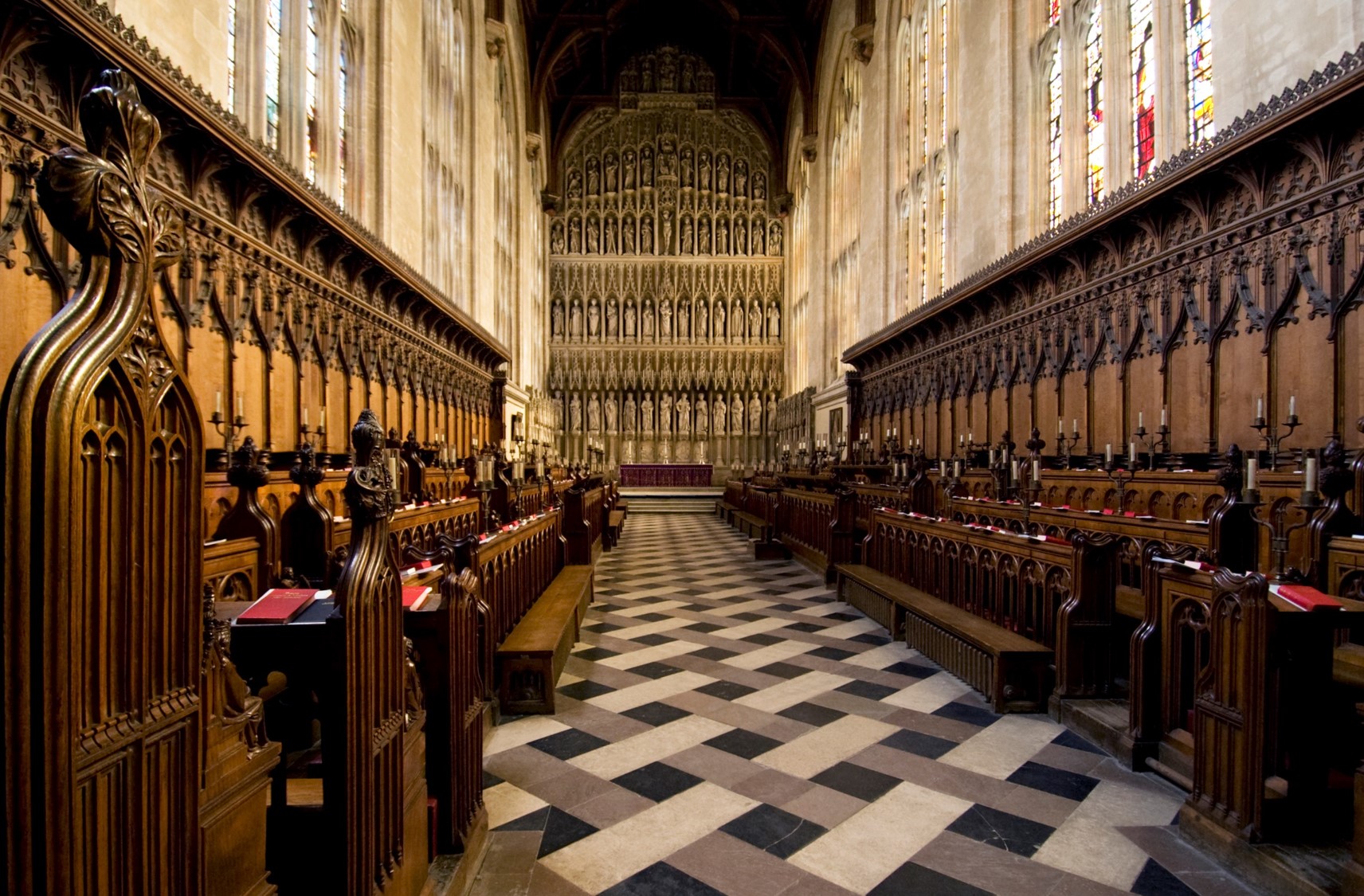bluemoon7
Premium Member
en betken = ein bisschen = a little bitWow! That’s pretty similar to Swedish, too! Help me out with ’betken,’ though? And maybe ‘platt’ as well…
platt = flat/low
en betken = ein bisschen = a little bitWow! That’s pretty similar to Swedish, too! Help me out with ’betken,’ though? And maybe ‘platt’ as well…
Ik = JagLower German = Niederdeutsch is the German that was spoken before the great second vowel shift came and the German as we speak it today evolved. So lower Geman is quite close to English in some aspects and also Dutch.
Niederdeutsch is still being spoken in Northern Germany. My grandparents spoke it, my parents can, me and my bro undestand but speak not very well. It is an own language, no dialect.
The grammar varies a lot due to the area/town and it is more spoken than written:
Ik kan wol en betken platt proten, mine Oma en Opa hev platt gesproken
(disclaimer: grammar may not be completely valid lol)
It’s dying!From Wikipedia:
Low Germanhttps://en.wikipedia.org/wiki/Low_German#cite_note-13 is a West Germanic language[12][13] spoken mainly in Northern Germany and the northeastern part of the Netherlands. The dialect of Plautdietsch is also spoken in the Russian Mennonite diaspora worldwide.
Low German is most closely related to Frisian and English, with which it forms the North Sea Germanic group of the West Germanic languages. Like Dutch, it has historically been spoken north of the Benrath and Uerdingen isoglosses, while forms of the High German language (of which Standard German is a standardized example) have historically been spoken south of those lines. Like Frisian, English, Dutch and the North Germanic languages, Low German has not undergone the High German consonant shift, as opposed to Standard High German, which is based on High German dialects. Low German evolved from Old Saxon (Old Low German), which is most closely related to Old Frisian and Old English (Anglo-Saxon).
The Low German dialects spoken in the Netherlands are mostly referred to as Low Saxon, those spoken in northwestern Germany (Lower Saxony, Westphalia, Schleswig-Holstein, Hamburg, Bremen, and Saxony-Anhalt west of the Elbe) as either Low German or Low Saxon, and those spoken in northeastern Germany (Mecklenburg-Western Pomerania, Brandenburg, and Saxony-Anhalt east of the Elbe) mostly as Low German, not being part of Low Saxon. This is because northwestern Germany and the northeastern Netherlands were the area of settlement of the Saxons (Old Saxony), while Low German spread to northeastern Germany through eastward migration of Low German speakers into areas with a Slavic-speaking population (Germania Slavica).
It has been estimated that Low German has approximately 1.6 million speakers in Germany, primarily Northern Germany,[14] and 2.15 million in the Netherlands.[15]
Oh, yes.en betken = ein bisschen = a little bit
platt = flat/low
Roy Goodman remembers recording the Miserere with David Willcocks and the King's College Choir in 1964.
"We were not given much technical vocal instruction but simply learnt 'on the job' from the older boys. In the early 1960s we performed David Willcocks' edition of Allegri's Miserere every Ash Wednesday and I was lucky enough to sing the solo part several times. On the day that we made the present recording, I had only just finished playing a rugby match an hour or so before the session. I had no time for a proper shower and still had muddy knees under my long trousers. When I arrived at Chapel the choir was already rehearsing and David Willcocks was trying out several boys for the solo - we were never chosen in advance, to spare us from getting nervous. It seemed that I was on good form, so without any further preparation we started recording the Allegri as the final item on an LP of music for an Ash Wednesday Evensong. I remember a later conversation with Sir David, when I expressed some personal dissatisfaction with some of my solo verses; he kindly told me that he had tried to preserve one complete live performance rather than contrive a 'perfect' edited version, and that if I received a penny every time it was played I would become a millionaire. Sadly there was no contract to that effect - the commercial potential of choristers is clearly a more recent phenomenon!"
Oh, yes.
So, ’platt’ is actually ’platt’ in Swedish, too! This is exciting! How cool!
Is that a soft 'k' in ‘betken’? ‘En betken,’ we would say ’en aning’ or ’en smula.’
the "k" is hard
It’s dying!
It doesn’t say the number of speakers in the Russian Mennonites?

Oh, that's confused me. In the English sacred choral tradition (although it must be the same in Europe, I guess) the correct term is boy treble meaning a kid whose voice hasn't broken. Not all boy choristers sing the treble parts but that's down to talent, skill, ability etc. Some of them just can't get up that high, even with an unbroken voice.Oh, I see. The boy tenor!
In opera, song, also German sacred music today, a male soprano is mostly a COUNTERTENOR. We worked with countertenors before, but in our regional choir tradition we have either childrens choirs or adult choirs
oh, that was good. I loved the chamber orchestra. Lovely, rich sound.Philipp sang with us as a soloist some time ago:
What would be an example of a soft 'k'?Oh, yes.
So, ’platt’ is actually ’platt’ in Swedish, too! This is exciting! How cool!
Is that a soft 'k' in ‘betken’? ‘En betken,’ we would say ’en aning’ or ’en smula.’
‘Känna’ (feel) in Swedish. There ‘k’ = eng. ‘ch.’What would be an example of a soft 'k'?
Don’t you have those in English?What would be an example of a soft 'k'?
Oh, that's confused me. In the English sacred choral tradition (although it must be the same in Europe, I guess) the correct term is boy treble meaning a kid whose voice hasn't broken. Not all boy choristers sing the treble parts but that's down to talent, skill, ability etc. Some of them just can't get up that high, even with an unbroken voice.
I can't quite understand the countertenor thing. I know it's an adult male who can sing really high but I don't think, vocally, it's exactly the same as a boy treble. But I'm not in a choir and you are so you'll know more about this than me.
I don't think we do. If it was pronounced 'ch' that's how it would be written. I've been trying to think of an English word with a soft 'k'. Haven't come up with anything, so far. I'm not saying there isn't one but it's eluding me. If it even exists!Don’t you have those in English?
But you do have silent ones!I don't think we do. If it was pronounced 'ch' that's how it would be written. I've been trying to think of an English word with a soft 'k'. Haven't come up with anything, so far. I'm not saying there isn't one but it's eluding me. If it even exists!
Yeah, that whole castrati thing! I can't even.That is true! As far as I know Countertenors were historically mostly used when women weren´t allowed to sing publically. Like Farinelli, who was a Castrato. So today, you won´t castrate men anymore (even when some idiotssay this about Michael Jackson, who would classify today, technically, a "high tenor"), so you use counterenors.
Oh, yes! We have those. Knowledge, kneel etc.But you do have silent ones!
There’s also a good example of a soft ‘k’ in Swedish ‘Kina’ (China). Not sure if it’s soft or hard in German?Oh, yes! We have those. Knowledge, kneel etc.
Yeah, that whole castrati thing! I can't even.
It's interesting bc 'boy treble' was the standard term literally for centuries bc girls weren't allowed into the cathedral choirs as we know. Now that they are there, the term used, over here in England, is usually just 'treble' still meaning a kid whose voice hasn't broken or matured.
I'm not always mad keen on girl choristers, tbh, bc you do get a different sound, I think. Not from the kids, so much. I don't know that there's a massive difference there. But girl choristers are allowed to stay in a cathedral choir until their mid-teens and a teenage voice does create a completely different sound, imo.
I've seen Michael's voice described as a light tenor. What does that mean? It confuses me!
This was really helpful. Thank you so much.It IS confusing, since vocal terminology can vary from school to school or throry to theory.
In classical singing, for example you have:
- lyrical tenor (I think that ´s what people say when they talk about "light" tenor) for the more younger, lighter music, the more light and very flexibe sound. Very often Liedsänger / singers of the classical Lied (like Schubert) have a lyrical tenor.
- dramatic tenor: the "dramatic" opera voices and roles.


